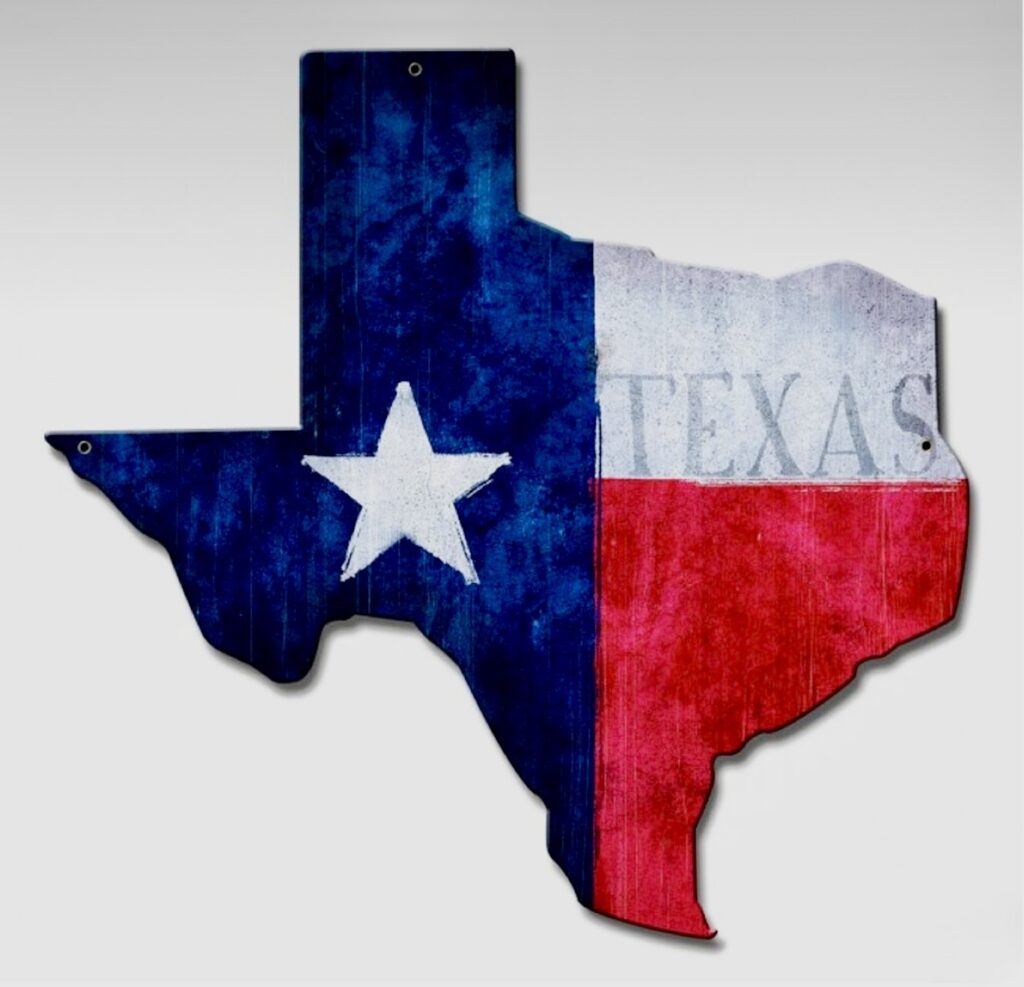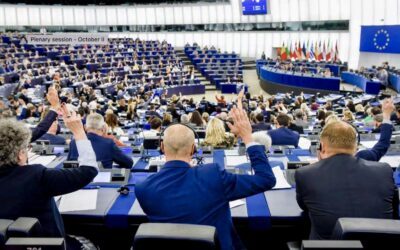US States Adopt “Baby FARA” Laws to Curb Foreign Influence

In 2025, state legislatures across the United States considered hundreds of bills aimed at limiting foreign influence in state and local politics. Many focused on expanding disclosure requirements for lobbying activities carried out on behalf of foreign companies and organizations — a domain traditionally regulated by the federal Foreign Agents Registration Act (FARA).
After Georgia Governor Brian Kemp vetoed a state-level FARA bill in 2024, five such initiatives — commonly referred to as “Baby FARA” laws — were enacted in 2025. Two have already taken effect, and three more will come into force by the end of the year. Although these laws resemble the federal FARA in structure, four out of the five apply specifically to activities conducted on behalf of principals from designated adversarial nations. Importantly, they are not necessarily narrower: unlike federal FARA, most of them exclude the exemptions that often allow potential foreign agents to avoid registration.
The new laws are broad in scope, applying both to external consultants and in-house employees who lobby on behalf of foreign clients, and in some cases even to their U.S. subsidiaries.
A prominent example is the Texas law (HB 119), which took effect on September 1, 2025. It establishes a state-level foreign influence disclosure regime within Texas’ existing lobbyist registration and reporting framework. Registration is now mandatory for anyone lobbying state officials on behalf of a business or organization incorporated in, or having its principal place of business in, a country designated by the U.S. Department of Commerce as a “foreign adversary.” This list currently includes China, Cuba, Iran, North Korea, Russia, and the Maduro government in Venezuela. The law also extends to subsidiaries of such businesses, even if incorporated in the United States.
Any lobbying on behalf of a foreign adversary client automatically triggers registration, regardless of compensation or expenditure thresholds. In addition, the Texas law prohibits lobbyists from receiving compensation from foreign adversary clients, effectively preventing subsidiaries of, for example, Chinese companies from hiring Texas lobbyists unless the work is performed pro bono.
The adoption of “Baby FARA” laws reflects a growing trend among U.S. states to regulate foreign influence more aggressively, often duplicating or even exceeding the disclosure requirements of the federal FARA. This creates a new reality for companies and consultants operating in the Government Relations and lobbying sector in the United States.
- Transatlantic regulatory debate over digital platform governance and the role of lobbying in shaping technology policy.
- Merry Christmas!
- The European Parliament has adopted the Omnibus I legislative package, introducing significant changes to the EU’s approach to corporate responsibility and business transparency.
- Netflix and Warner Bros.: How a Major Media Deal Turns into a GR and Regulatory Battle
- GR Consulting Participated in the 2025 Annual Membership Meeting of the American Chamber of Commerce



